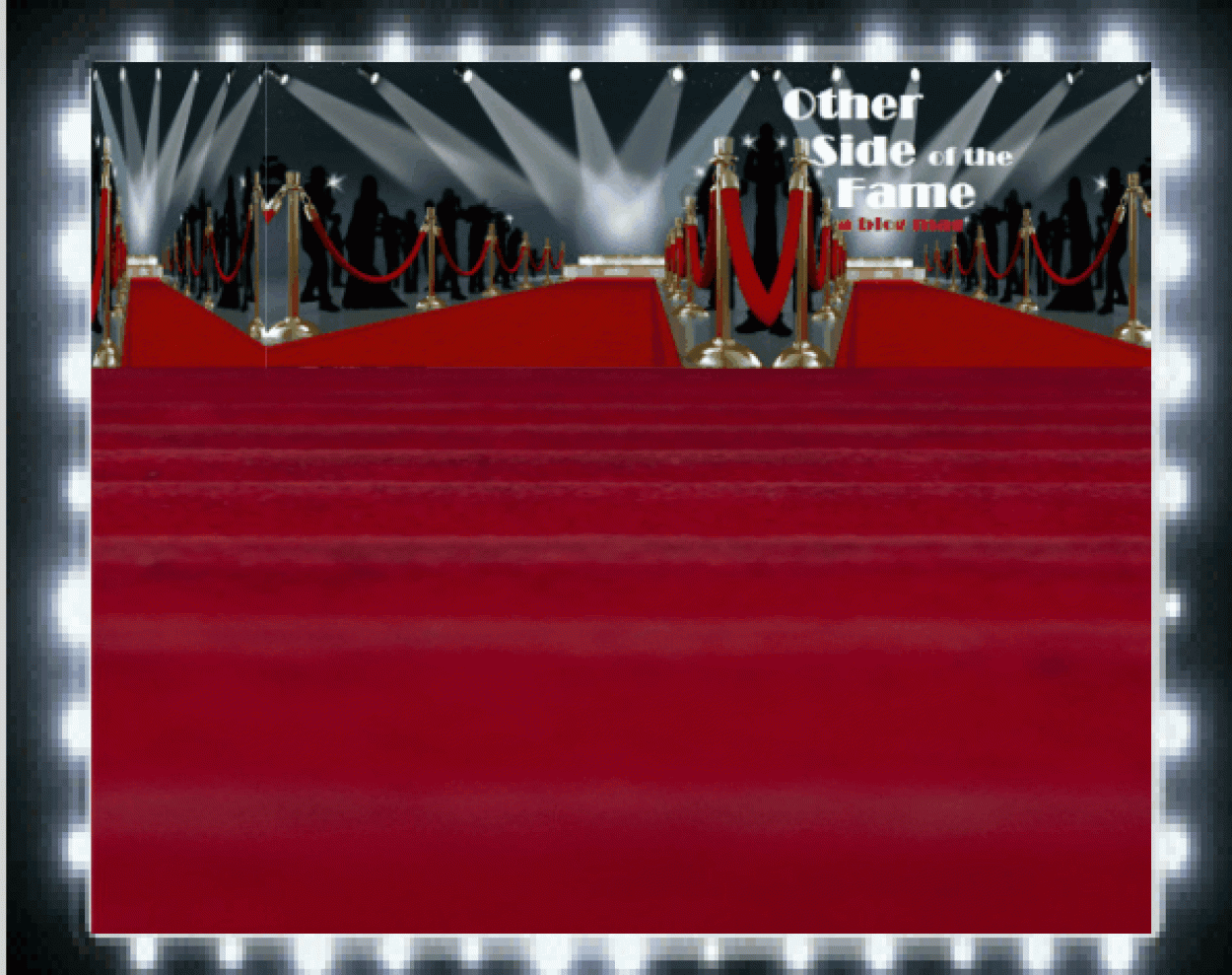Some ten years or so ago (before pop culture became famous for being pop culture) when it was rumored that a college course was being taught on the likes of Tupac Shakur, it was quite intriguing. It added a bit of mystique and generated even more interest in him as he rested in peace, and further proved that he was the actual poet that he was—who took his poetry and lyrics from his life experience, heart, and Gemini mind and put it on wax, then from there-the rest was history: a his story worthy of being studied and dissected mainly because pop culture wasn’t an open-market trend then (I will explain “open-market trend” at end-blog).
But here we are in a time where (on a daily basis), popular culture is quickly becoming more and more famous for simply being popular culture. As a result of that colleges are opening its courses of study to singing powerhouse to study like Beyonce (who we did a write up about regarding this same thing), her beau and boo-rapping great: Jay Z (whose write-up slot is still awaiting my entry that, trust me when I say–I haven’t forgot-but believe me you, I knew there would be more with the same story.
Middle schools are even following this trend. We just did a write up on a teacher sending eighth grade students home on assignment that didn’t go over too well, when she instructed the 13 year-olds to listen and evaluate Lil’ Wayne’s 6 foot 7 foot-that as a result, ultimately got her suspended. And more and more (on a daily basis) as I’m reading about world news and the world of popular culture; colleges everywhere are slowly beginning to substitute electives with popular culture in ways that television has substituted traditional television program[ing] with reality tv.
Hold on to your head.
You can now add to that list coming to a syllabus near you: non other than Miley Cyrus.
As reported by the Saratogan newspaper, this summer (at Skidmore College-a private liberal arts college in Saratoga Springs in Upstate New York) there will be a class focusing on [and called]: “The Sociology of Miley Cyrus: Race, Class, Gender and Media.”
The class will be taught by visiting Professor Carolyn Chernoff who says that she will focus on the 21 year-old star’s persona, antics, transformations [that the professor refers to as “incarnations” “as a way to gender, race, class, fame and power”]. According to the professor, the inspiration behind the idea and decision to teach the course stemmed from a video of Miley Cyrus twerking at the 2013 MTV Video Music Awards being “featured” during a course she was teaching on youth culture however, there wasn’t-then-and there won’t be any (in this Skidmore college course) any twerking.
P.S.- I have a message for these college professors and teachers, as well as an answer about this new rash of popular culture “study”:
Popular culture just IS. It’s an experience.
It’s HAPPENING. It’s a happening, it’s going to continue to-it’s going to continue to multiply. And other than opinionated dialogue and debate, there is nothing remedial or revolutionary, or any kind of “change” that can be brought about in an industry of show business [that’s conducive to any type of “lesson” that can be learned in a college course other than what’s beneath each student’s personal, social, moral, societal values, that at the end of the day, will end up having nothing to do with the entertainer chosen to study in pop culture today-especially if:
famous for being famous
or
famous for being controversial, first over their actual craft or talent-which may come second (or be non existent).
In short: One big Twitter debate taking place in a classroom.
When college professors/ grasp the understanding that an industry is an open market where anybody with anything is welcome to showcase whatever; as long as there is an audience for it-there is a business for it [that can be made from it]. There’s no “dissecting” that can be done-so just sit back and have dialogue (and be prepared to learn what the entire class’ personal, social, moral, societal values are). Because at the end of the day, if you’re not studying someone in popular culture for their work, first, then you’re studying a persona and how they put out to the world and in turn; how the world is responding to them (you’re not actually studying the “person” or their art/craft).
When you get into studying the person (or persona), relativity and subjectivity takes precedent.
But when you study the craft or art, you stand a better chance of more useful lessons, dialogue and and debate which too, perhaps, leads to a better understanding of the person (or persona).
The eighth grade teacher was actually on to something, it’s just the ages of the students that turned out to be the bad idea.
Source: Daily News/Associated Press
Spitfire .
Media Maestro .
Writing Rhinoceros .


